Business infrastructure, not business models
It doesn’t matter if your news organization is a for-profit, nonprofit, collaborative, or cooperative: One unavoidable fact is that all news organizations must generate enough revenue to be sustainable. It’s time to stop talking about a new business model — because there is no new business model that will magically make journalism financially sustainable.
In 2022, successful news organizations of all varieties will stop talking about business models. Instead, there will be a focus on building up business infrastructure — to support journalism products that people will pay for and to improve their operational excellence. Three areas of focus:
Build products and not models: It’s no secret that traditional revenue sources in journalism are becoming less dependable. There’s an urgent need for news organizations to diversify those sources. While philanthropy and major gifts from high net-worth donors are up, it’s not a long-term strategy and should be treated as catalytic investment to help grow the organization.
For example, The Markup, a nonprofit that investigates how powerful institutions are using technology to change society, developed Blacklight, a custom tool that scans how websites you visit track your every digital move. It’s services like Blacklight that can create new value for customers that goes beyond journalism. In 2022, more news organizations will focus on developing revenue-generating products and services that are not solely dependent on donor dollars or reader revenue.
Journalism with an equality lens: Let’s face it. Most mainstream journalism is created through a white lens. From reporting on a “hot food trend” called boba tea to an exposé on employment bias against African-American candidates, mainstream news organizations have a tendency to report news from communities of color as exotic or something new. Trust me, Asians already know boba tea is a thing, and Blacks won’t be shocked by the news that employment bias exists.
This past year, Public Integrity has scaled our collaboration with BIPOC news organizations. To avoid the effects of parachute journalism and other harmful practices, Public Integrity is evaluating and assessing assumptions and pitfalls so that we can avoid creating unintentional harm to our partners. We are also turning lessons learned into internal best practices so that we can better serve underrepresented communities. In 2022, more news organizations, mostly nonprofits, will center their reporting from the community’s perspective by not making assumptions about groups of underrepresented people or leaning into problematic narratives.
Invest in operational excellence: Look at some of the most successful news organizations and you’ll see roles like head of partnerships, chief strategy officer, chief of staff, head of culture, head of philanthropy, head of product, and more. These news organizations understand that having great journalists producing great journalism won’t make them sustainable. It literally takes a village to make a news organization sustainable. In 2022, you’ll see a proliferation of new roles designed to support the business of journalism and more investment in technology that advances our reach and our understanding of how the audience interacts with our content.
Paul Cheung is CEO of the Center for Public Integrity.

It doesn’t matter if your news organization is a for-profit, nonprofit, collaborative, or cooperative: One unavoidable fact is that all news organizations must generate enough revenue to be sustainable. It’s time to stop talking about a new business model — because there is no new business model that will magically make journalism financially sustainable.
In 2022, successful news organizations of all varieties will stop talking about business models. Instead, there will be a focus on building up business infrastructure — to support journalism products that people will pay for and to improve their operational excellence. Three areas of focus:
Build products and not models: It’s no secret that traditional revenue sources in journalism are becoming less dependable. There’s an urgent need for news organizations to diversify those sources. While philanthropy and major gifts from high net-worth donors are up, it’s not a long-term strategy and should be treated as catalytic investment to help grow the organization.
For example, The Markup, a nonprofit that investigates how powerful institutions are using technology to change society, developed Blacklight, a custom tool that scans how websites you visit track your every digital move. It’s services like Blacklight that can create new value for customers that goes beyond journalism. In 2022, more news organizations will focus on developing revenue-generating products and services that are not solely dependent on donor dollars or reader revenue.
Journalism with an equality lens: Let’s face it. Most mainstream journalism is created through a white lens. From reporting on a “hot food trend” called boba tea to an exposé on employment bias against African-American candidates, mainstream news organizations have a tendency to report news from communities of color as exotic or something new. Trust me, Asians already know boba tea is a thing, and Blacks won’t be shocked by the news that employment bias exists.
This past year, Public Integrity has scaled our collaboration with BIPOC news organizations. To avoid the effects of parachute journalism and other harmful practices, Public Integrity is evaluating and assessing assumptions and pitfalls so that we can avoid creating unintentional harm to our partners. We are also turning lessons learned into internal best practices so that we can better serve underrepresented communities. In 2022, more news organizations, mostly nonprofits, will center their reporting from the community’s perspective by not making assumptions about groups of underrepresented people or leaning into problematic narratives.
Invest in operational excellence: Look at some of the most successful news organizations and you’ll see roles like head of partnerships, chief strategy officer, chief of staff, head of culture, head of philanthropy, head of product, and more. These news organizations understand that having great journalists producing great journalism won’t make them sustainable. It literally takes a village to make a news organization sustainable. In 2022, you’ll see a proliferation of new roles designed to support the business of journalism and more investment in technology that advances our reach and our understanding of how the audience interacts with our content.
Paul Cheung is CEO of the Center for Public Integrity.
Jennifer Brandel

Doris Truong

Joanne McNeil

Gordon Crovitz

Sarah Stonbely

Christoph Mergerson

Chase Davis

Amy Schmitz Weiss
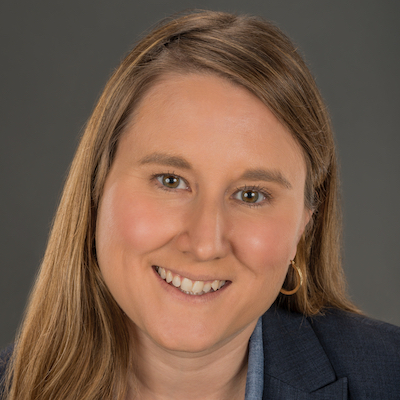
Victor Pickard

Shalabh Upadhyay

Kendra Pierre-Louis

Andrew Freedman

David Cohn

Errin Haines

Simon Allison

Daniel Eilemberg

Tom Trewinnard

Eric Nuzum

Izabella Kaminska
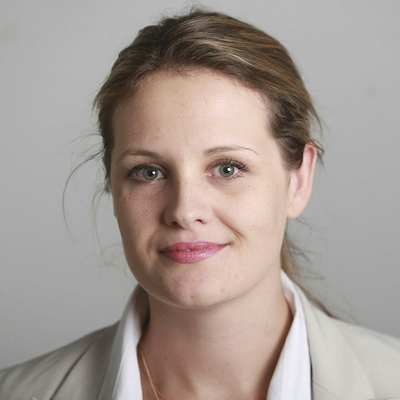
Mary Walter-Brown

Kristen Jeffers
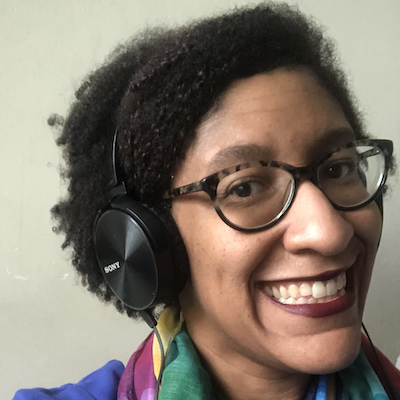
Parker Molloy

Brian Moritz

Amara Aguilar

Anthony Nadler

Joni Deutsch

John Davidow

Melody Kramer

Matt DeRienzo

AX Mina

Kristen Muller

Francesco Zaffarano

Natalia Viana

Megan McCarthy

Jessica Clark

Matt Karolian

Jim Friedlich

Burt Herman

Cindy Royal

Candace Amos

Moreno Cruz Osório

Kerri Hoffman
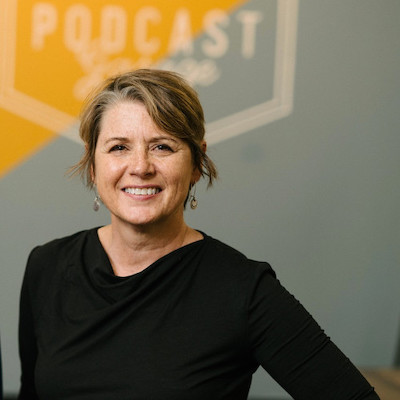
Laxmi Parthasarathy

Rasmus Kleis Nielsen

Larry Ryckman

Joy Mayer

Anita Varma

James Salanga

A.J. Bauer

Ståle Grut

Tony Baranowski

Robert Hernandez

Shannon McGregor Carolyn Schmitt

Ariel Zirulnick

Rachel Glickhouse

Joe Amditis

Matthew Pressman

Jesse Holcomb

Meena Thiruvengadam
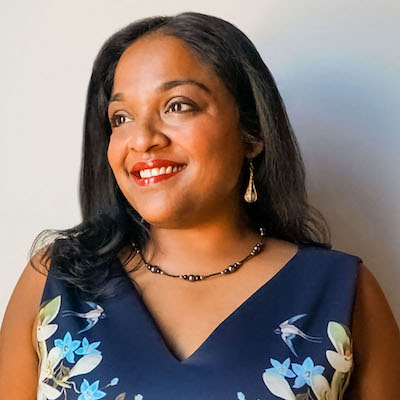
Millie Tran

Richard Tofel

Jennifer Coogan

Jody Brannon

Kathleen Searles Rebekah Trumble

Mike Rispoli

Wilson Liévano
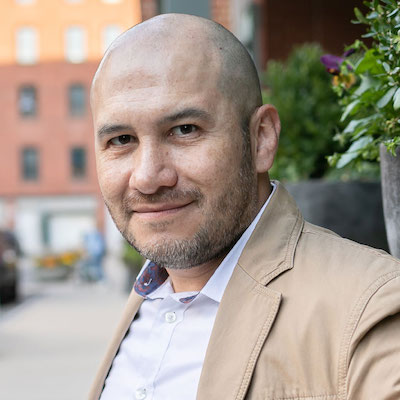
Jonas Kaiser

Christina Shih

David Skok

Stefanie Murray

Julia Munslow

Simon Galperin

Paul Cheung

Anika Anand

Alice Antheaume

Joshua P. Darr

Raney Aronson-Rath

Julia Angwin

Tamar Charney

Gonzalo del Peon

James Green

Cristina Tardáguila

j. Siguru Wahutu

Stephen Fowler

Zizi Papacharissi
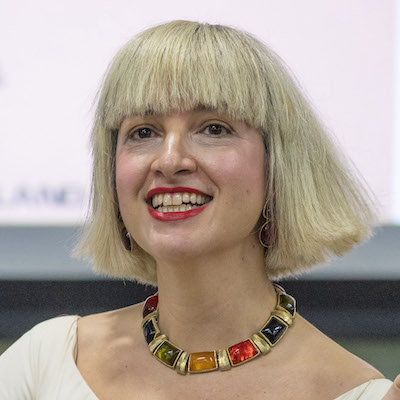
Catalina Albeanu

Sarah Marshall

Juleyka Lantigua

Nik Usher

Sam Guzik

Whitney Phillips

Mario García
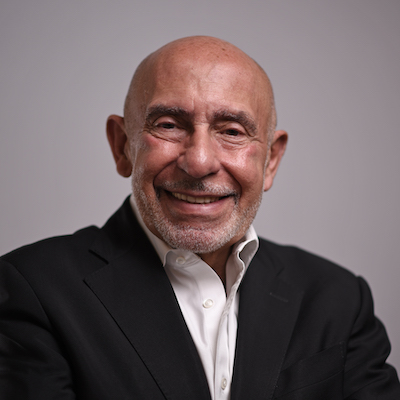
Gabe Schneider

Cherian George
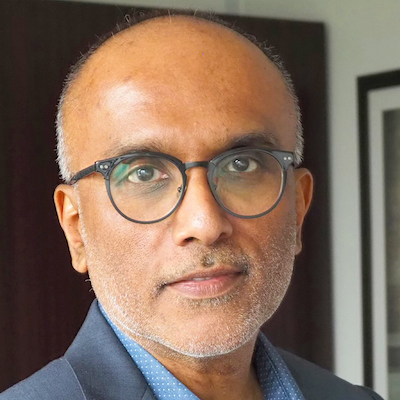
S. Mitra Kalita
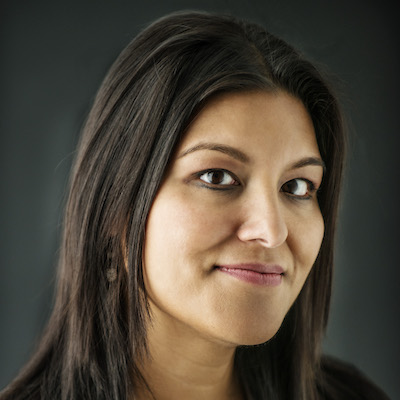
Jesenia De Moya Correa
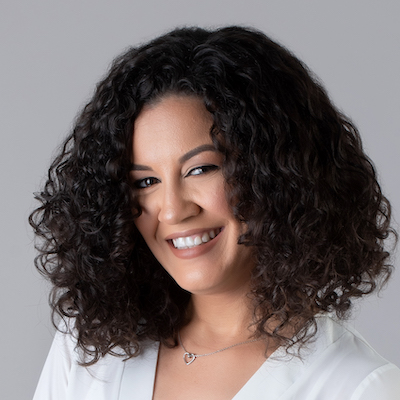
Don Day

Chicas Poderosas

Mandy Jenkins

Michael W. Wagner
